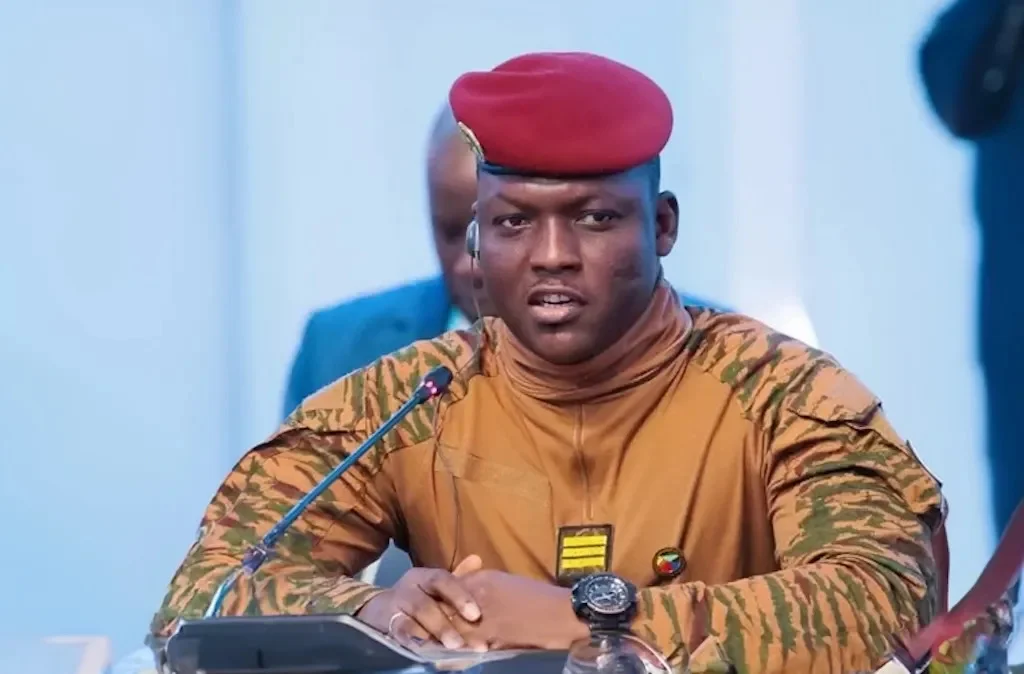In a stark admission, Burkina Faso’s junta leader, Captain Ibrahim Traoré, revealed on January 17, 2023, that jihadist attacks have surged since October 2022, increasingly targeting civilians in a brutal shift in tactics. Speaking at the University of Ouagadougou, the 34-year-old leader, who seized power in a September 2022 coup, lamented the growing violence, particularly after the kidnapping of around 50 women near Arbinda. “We did not choose this war,” Traoré declared, vowing to confront the insurgency plaguing the West African nation. As of August 2025, the crisis persists, with jihadist groups like JNIM intensifying attacks, per BBC reports.
A Shift to Civilian Targets
Traoré highlighted a disturbing trend in the jihadist insurgency, noting that extremists, facing resistance from Burkina Faso’s military, have turned to attacking civilians. “They are starting to humiliate and kill innocent people,” he said, referencing incidents like the abduction of women foraging for food near Arbinda in the Sahel region. The attack, reported by AFP, underscores the dire situation in blockaded areas where nearly one million people live under siege, per the United Nations. “Since October, the number of attacks has multiplied,” Traoré admitted, signaling a failure to fulfill his pledge to quell the violence within months.
The insurgency, linked to al-Qaeda and Islamic State affiliates like JNIM, has killed thousands since 2015, displacing two million of Burkina Faso’s 21 million people, with over 40% of the country outside government control, per Semafor. Recent 2025 attacks, including a July 29 assault killing 50 soldiers, highlight the ongoing threat, per X post by @kbadtweet.
Humanitarian Crisis and Response
The blockade of towns like Arbinda has exacerbated the humanitarian crisis, with residents like Souleymane reporting, “We have had nothing to eat for months, just leaves.” An airlift to resupply Arbinda began on January 17, 2023, with the Burkinabe general staff urging transport companies to provide trucks, per AFP. “The ideal would be a road convoy,” said resident Amadou, reflecting the desperation for sustainable aid. The United Nations notes that insecurity prevents farming in many areas, deepening food scarcity.
Traoré’s government has faced criticism for its heavy-handed tactics, including the forcible conscription of critics and alleged military massacres, with Human Rights Watch reporting 130 civilian deaths in Solenzo in March 2025. “The junta’s strategy fuels ethnic tensions,” analysts warn, pointing to abuses by the Volunteers for the Defense of the Homeland (VDP), per Understanding War.
Traoré’s Leadership and Regional Context
Traoré, who ousted Lt. Col. Paul-Henri Damiba in Burkina Faso’s second 2022 coup, has pivoted to Russian support, expelling French forces in 2023, per The Africa Report. His pan-Africanist rhetoric resonates with youth, but the security situation worsens, with JNIM claiming 280 attacks in the first half of 2025, double the 2024 figure, per BBC. In Nigeria, facing 52.2% inflation in 2023, Traoré’s anti-imperialist stance inspires solidarity, akin to cultural pride in Nollywood’s global rise.
A Nation Under Siege
Despite Traoré’s resolve to “resolve this terrorist issue,” Burkina Faso remains gripped by violence, with civilians bearing the brunt. The 2025 extension of junta rule until 2029, per BBC, raises questions about democratic prospects. As the Sahel grapples with jihadist expansion, Traoré’s leadership faces scrutiny, balancing national pride with a humanitarian catastrophe.






